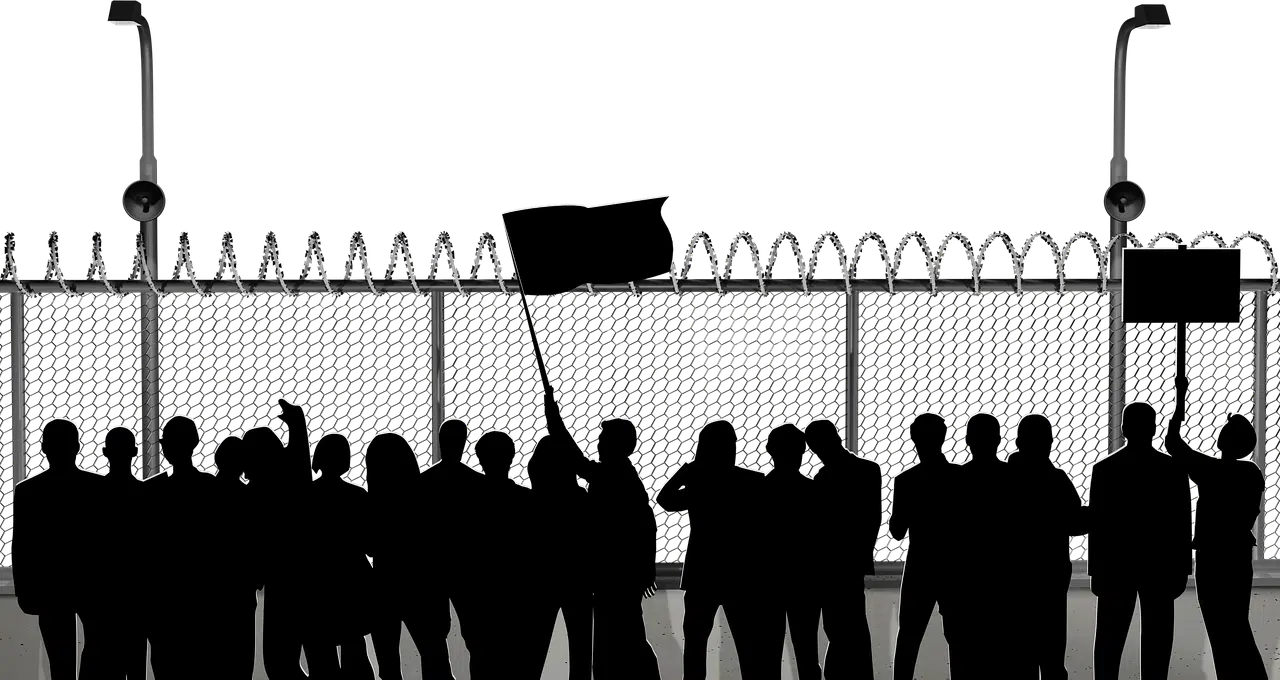
Work experience is an asset for the worker.
A worker is an individual who works . Although that is the main definition of the concept, the term can be used with different nuances and meanings.
It is very important to be clear that working involves carrying out an intellectual or physical activity . Typically, the idea of work is associated with paid occupation : that is, the person receives remuneration for carrying out their tasks. In this context, a worker is someone who has a job for which he or she receives a salary or other type of payment.
Development of the concept of worker
The notion of a worker began to be forged in the 19th century , with the Industrial Revolution that originated in the United Kingdom and then spread to the rest of Europe and finally to other regions. It was then that social classes were divided in a more marked way, differentiating between capitalists (the bourgeoisie) and workers (the proletariat ).
During feudalism , workers were vassals or serfs . They had no labor rights and depended on a lord (the so-called feudal lord). There was also no social mobility since the strata were fixed classes.
With capitalism , based on private ownership of the means of production , the estates of feudalism were replaced by social classes. Labor relations became mediated by money, with the worker performing certain tasks for the capitalist in exchange for payment.
According to Marxism , there was an original accumulation of wealth through colonization and slavery that allowed a social sector to keep the capital while the rest were deprived of the means of production. Faced with this reality, those who had no way to produce were forced to sell their labor power as a method of subsistence .
Today it is understood that the worker is the one who offers that labor force (his intellectual and physical capacity) to perform a task in exchange for remuneration. It is convenient for the businessman or employer to pay the worker since the employee generates value that exceeds what he obtains as a salary. This difference is mentioned by Marxism as surplus value and constitutes the capitalist's profit.

Salary is one of the variables that a worker usually analyzes when receiving a job offer.
Working conditions
Working conditions are known as the set of factors and variables that organize work activity. When the law is complied with, the worker signs an employment contract with his employer where the obligations and rights of both parties are established.
The employee, in this framework, must complete a work day of a certain number of hours and then collect his salary . In addition to the money you receive, you have access to social benefits such as health insurance, retirement, etc.
Workers group together in unions that defend their rights. In this way, in the event of non-compliance by the employer, the employee can go to the union representative to receive assistance and support in their claim.
It should be noted that a registered worker has paid work holidays (that is, he receives his full salary even when he does not work during his rest period), receives overtime if he carries out his activity beyond his usual schedule and has access to compensation in case of dismissal . This is not usually true if it is a black worker , without an employment contract. It is also not common for a self-employed worker ( freelance ) or an entrepreneur to have these rights.

Labor mobilizations and strikes are instruments that workers have to assert their rights.
Workers and the job search
It is clear that those who do not have the means of production must obtain paid employment to survive. Unemployment or unemployment is one of the great social problems of modernity since, in general, an adult without a job is a person who does not receive income and therefore cannot satisfy his or her basic material needs.
To find a job, the most common thing is for the individual to prepare a curriculum vitae ( CV ). In this document you present your personal information, mention your professional training and list your work history. With the CV already prepared, you can send it to companies that are in the process of recruiting for a job or spontaneously approach any company.
Although the hiring methodology may vary, generally the employer who is interested in hiring a worker first calls him or her for a job interview . There they both talk about the conditions of the position; If there is an agreement, the contract is finalized.
To have a better chance of being hired, it is important that the worker invest time (and, if necessary and possible, money) in their training . Being bilingual, having advanced computer skills and having a postgraduate degree, to name just a few possibilities, are job skills that can help you find a job .
Experience is also important to be successful in the job market. That is why young people usually carry out professional internships during their training period and many begin their careers as interns to acquire knowledge and enrich their CV.
The changes generated by technology
The advance of telecommunications changed the reality of many workers. Today, with access to broadband Internet and the widespread use of mobile or cellular telephony, many employees carry out their duties remotely. Teleworking means that it is not necessary to be physically in an office or company to carry out tasks, although this obviously depends on the work sector.
Although teleworking is usually considered a benefit for the worker, not being in person with colleagues or even the boss can cause certain inconveniences. Virtuality threatens collective bargaining, usually forces the adoption of a flexible schedule and even prevents absenteeism from work : there are employers who pressure workers so that, even when sick, they continue to be active from a computer or telephone.
